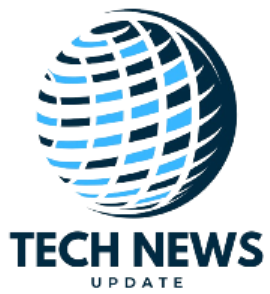A joint venture called The Stargate Project will contribute $500 billion over four years to generative AI infrastructure in the U.S., representatives of SoftBank, OpenAI, and Oracle announced in partnership with President Donald Trump on Jan. 21.
The joint venture will support infrastructure, including data centers, contributing to what OpenAI calls a “computing system.”
“This infrastructure will secure American leadership in AI, create hundreds of thousands of American jobs, and generate massive economic benefit for the entire world,” OpenAI wrote in a Jan. 21 post on X (formerly Twitter). “This project will not only support the re-industrialization of the United States but also provide a strategic capability to protect the national security of America and its allies.”
“It’s big money and high-quality people,” Trump said at a White House press conference, according to the Associated Press.
At least one location confirmed in Texas
OpenAI will initially contribute $100 billion to the project, with the other $400 billion coming at an undisclosed pace over the next four years.
OpenAI said building a data center associated with the project has already begun in Abilene, Texas.
“We are evaluating potential sites across the country for more campuses as we finalize definitive agreements,” OpenAI wrote.
Oracle Chairman and CTO Larry Ellison said 10 data centers were already built or under construction.
SEE: AI adoption tends to weaken companies’ chances of meeting sustainability goals, according to a report released in January.
Which companies are involved?
The initial equity funders are:
- Japanese telecommunications company SoftBank.
- OpenAI.
- Oracle.
- MGX, a technology investment firm located in the United Arab Emirates.
SoftBank will be responsible for The Stargate Project’s finances, while OpenAI will handle operations.
Other initial technology partners are:
“This builds on a deep collaboration between OpenAI and NVIDIA going back to 2016 and a newer partnership between OpenAI and Oracle,” OpenAI wrote.
Trump’s administration will ease the way for more data centers in the United States, he said on Tuesday, according to The New York Times. That easement may include unspecified “emergency declarations” around The Stargate Project potentially generating its own electricity.
Building out AI involves rethinking data and power needs
“Our current infrastructure is not ready for the demands AI will require for full maturation,” said Sean Tufts, managing partner for critical infrastructure and operational technology at Optiv, in an email to TechRepublic. “This team is a perfect trifecta to embolden a new ecosystem. Bringing together the boldest AI firm, one of the largest data and cloud companies, and one of the most innovative financiers. This is the type of public/private partnership that America’s innovators thrive on.”
Tufts suggested a power generation company should join the group to address electrical needs. In addition to chips, robust data centers, and more efficient cooling, he said, power is one of the pillars required for increased support for generative AI technologies.

